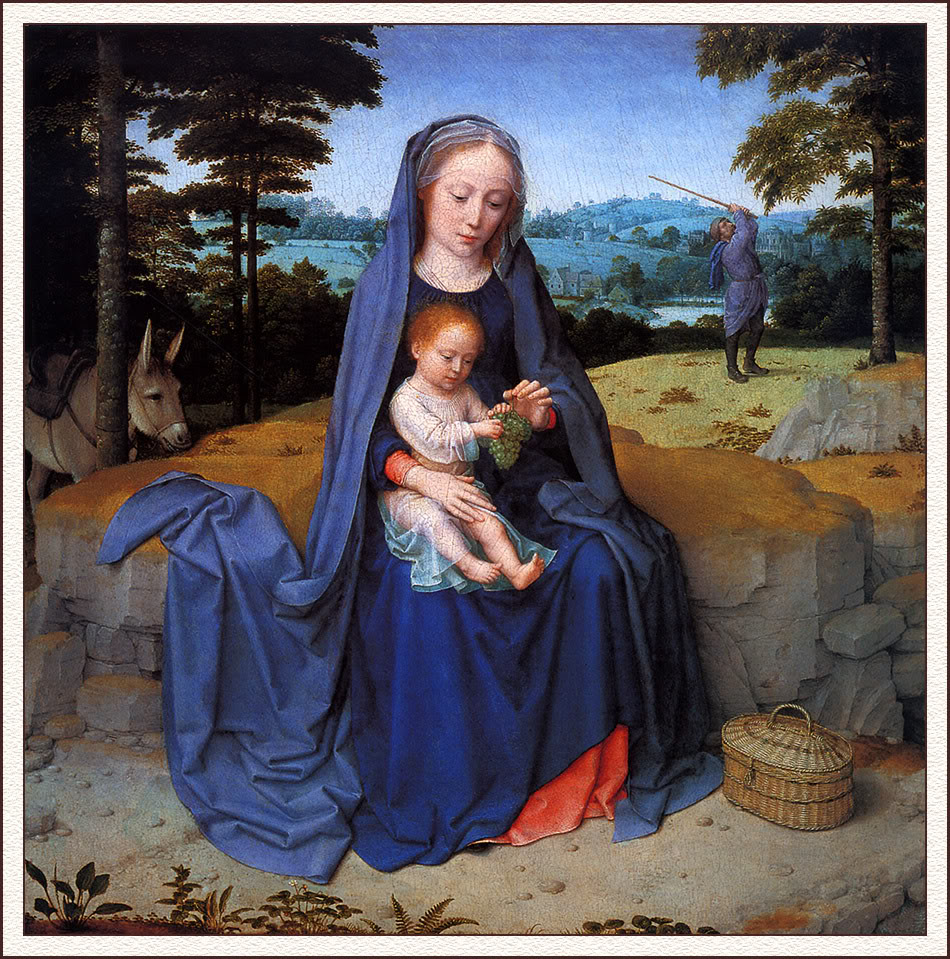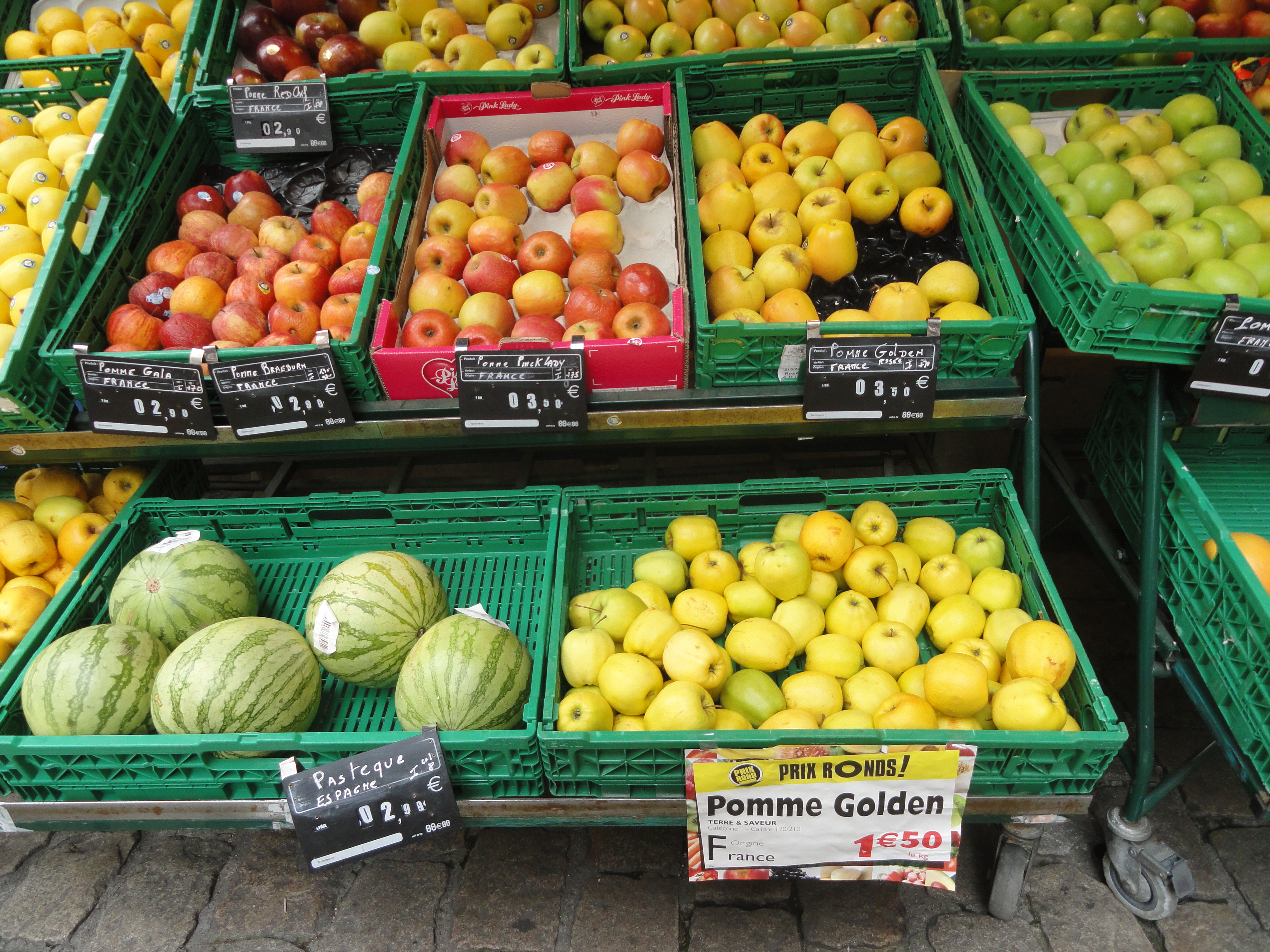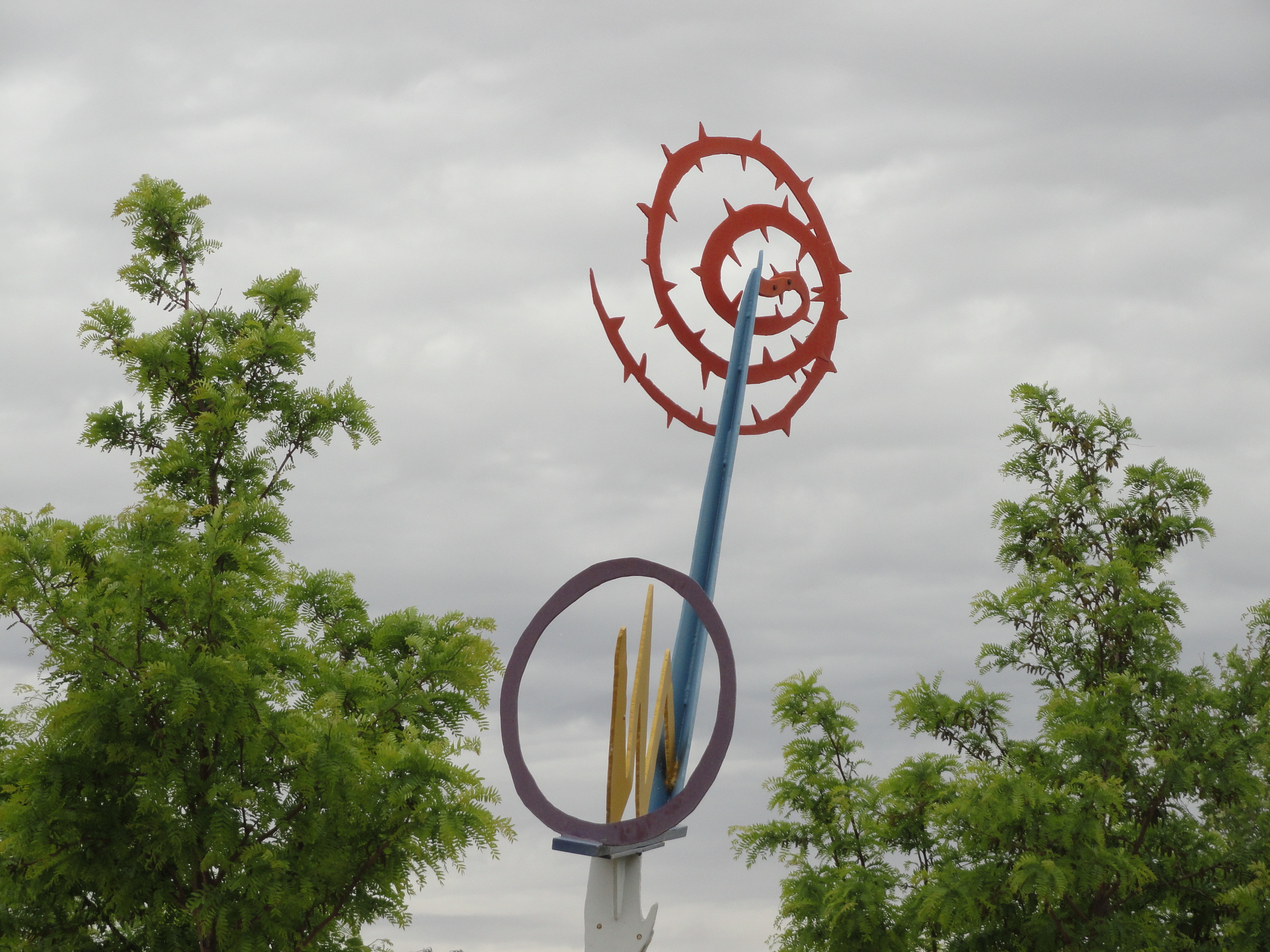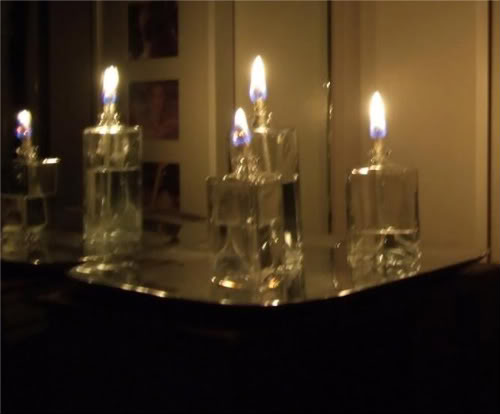| If parents retain ownership of their children's learning, the children cannot learn on their own. |  |
photo by Sandra Dodd
| If parents retain ownership of their children's learning, the children cannot learn on their own. |  |
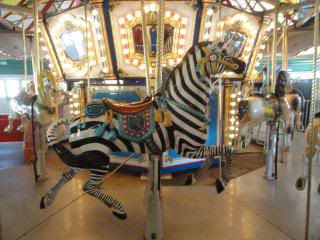 When I think back today about that moment, it feels like THAT was the real beginning of unschooling for me. It still feels electric in my memory—all the connections I made that day about learning and its value to the learner within the place and time it is learned. I am so grateful for Learn Nothing Day."
When I think back today about that moment, it feels like THAT was the real beginning of unschooling for me. It still feels electric in my memory—all the connections I made that day about learning and its value to the learner within the place and time it is learned. I am so grateful for Learn Nothing Day."
| Don't click anything. It's Learn Nothing Day. |

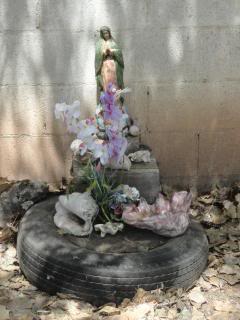

|
An attitude of abundance and gratitude can be as good as a nap. Abundance Gratitude Change |
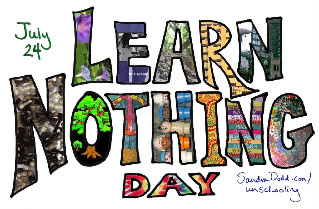

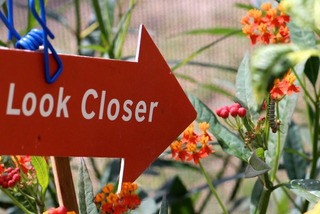 The child creates his or her own path by moving from one stepping stone to another. Some are part of a path that goes straight to some ultimate goal or achievement, others are part of paths that meander and let the person have a variety of experiences. Some are part of paths that twist and turn. Sometimes the kid sits on one of them for a really long time. Sometimes the path leads away from the current interest to something seemingly unrelated. And so on.
The child creates his or her own path by moving from one stepping stone to another. Some are part of a path that goes straight to some ultimate goal or achievement, others are part of paths that meander and let the person have a variety of experiences. Some are part of paths that twist and turn. Sometimes the kid sits on one of them for a really long time. Sometimes the path leads away from the current interest to something seemingly unrelated. And so on.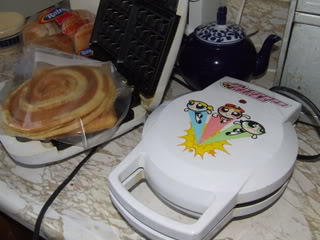

Marta Pires wrote:
I could've easily been one of those moms who thought that saying anything to my child would be limiting her, and who could've been afraid of her daughter's sensitivity. I can see clearly now that they don't learn how to handle these situations simply from seeing us do things one way or another (although it's important, of course), but we need to give them information and find out the best way to do it, having our own child in mind. That's not damaging them or limiting them at all, quite the contrary—I think it's helping them navigate the world and become respectful, considerate, polite adults.

